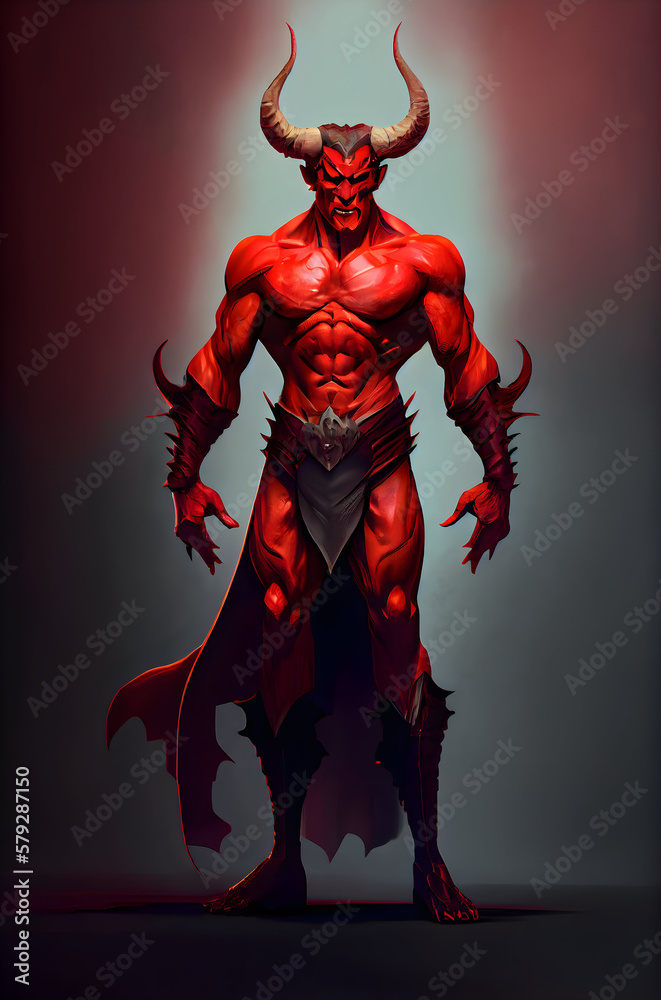The Devil tarot card, often misinterpreted as purely malevolent, carries a nuanced meaning that can significantly shift perspectives, particularly in matters of love and relationships. This card, with its striking imagery and symbolism, invites an exploration into the labyrinthine complexities of desire, attachment, and liberation. Understanding its implications can pique curiosity and prompt a reevaluation of life’s deeper emotional currents.
At first glance, the presence of The Devil card in a tarot reading may elicit discomfort. It is often associated with temptation, addiction, and the darker aspects of human nature. However, it is essential to look beyond the surface to uncover the card’s rich meaning. In a romantic context, The Devil signifies the duality of passion—both its enchanting allure and the potential for entrapment.
Love, much like the imagery surrounding The Devil, can enchant and ensnare. The card calls attention to the seductive nature of romantic obsessions, urging individuals to examine what binds them to their partners. It encourages reflection on whether these bindings are born of genuine love or entwined with unhealthy dependencies. Are we choosing love, or are we simply satisfying our own desires or fears in a relationship?
One of the pivotal aspects of The Devil card is its representation of materialism and illusion. In relationships, this may manifest in the quest for perfection or the pursuit of superficial qualities that society deems appealing. The Devil urges one to peer beyond the glamorized facade and recognize the authentic self, both of one’s partner and oneself. This card becomes a mirror reflecting the illusions we create, compelling us to confront what truly nourishes our emotional landscape.
Furthermore, The Devil card emphasizes the tenacity of our instincts and desires. It prompts lovers to acknowledge their primal urges, recognizing the balance between desire and restraint. In love, one can often become obsessed with their partner, developing a fixation that can spiral into possessiveness or jealousy. Thus, embracing The Devil’s energy requires courage to confront these intense feelings and understand their roots. Awareness can lead to healthier expressions of love, allowing the relationship to flourish rather than flounder under the weight of obsession.
Beyond attachment, The Devil also represents the foibles of choice. Each romantic venture is marked by decisions, some instinctual, while others are pondered over time. The influence of The Devil prompts one to question the integrity of these choices. Are they made freely, or are they shackled by external expectations, societal norms, or past traumas? In a contemporary context, this card acts as a clarion call for authenticity—the pursuit of love should not be a mere act of conformity but a genuine quest for connection.
In examining relationships through the lens of The Devil, a transformative promise emerges—a potential shift in how one perceives love. Through confrontation with fears and weaknesses, individuals can transcend their limitations. The card encourages lovers to liberate themselves from self-imposed prisons of fear or codependency. By actively engaging with The Devil’s energy, one can cultivate resilience and foster a relationship grounded in mutual respect, honesty, and empowerment.
Moreover, embracing The Devil card in the context of love invites exploration of one’s desires with radical honesty. It is an invitation to peel back layers of pretense and uncover latent yearnings. Are there parts of ourselves that we have neglected or suppressed in the name of love? This card prompts the courageous act of self-discovery as we learn to embrace our full selves—flaws, desires, and all.
In its essence, The Devil tarot card serves as a catalyst for introspection. It gently prod one to dissect the components of their relationships, challenging individuals to assess their motivations and emotional investments. As lovers navigate the tumultuous waters of intimate connection, the card suggests stepping off the proverbial precipice of complacency. This does not imply a dismissal of romance; rather, it calls for an engagement that is conscious and deliberate, free from the binds of codependency.
Contrary to the initial trepidation surrounding The Devil card, embracing its symbolism can lead to healthier relationship dynamics. It beckons lovers to recognize that vulnerability lies at the heart of authentic connections. The act of allowing oneself to be seen—to unveil insecurities and desires—can indeed bolster intimacy. In navigating these fraught, intricate territories, couples can find profound strength through their shared experiences and vulnerabilities.
Ultimately, The Devil tarot card signifies a confluence of desire, shadow, and liberation within the realm of love. When embraced, it has the potential to shift perspectives in ways that are transformative and enriching. The journey of love, fraught with complexity, invites continuous exploration, reflection, and growth. By engaging with the essence of The Devil, individuals are prompted not only to confront their shadows but to revel in their authenticity. This enlightenment, born from the depths of desire and introspection, leads to relationships that are not merely endured but celebrated, spirited, and genuinely fulfilling.







Leave a Comment